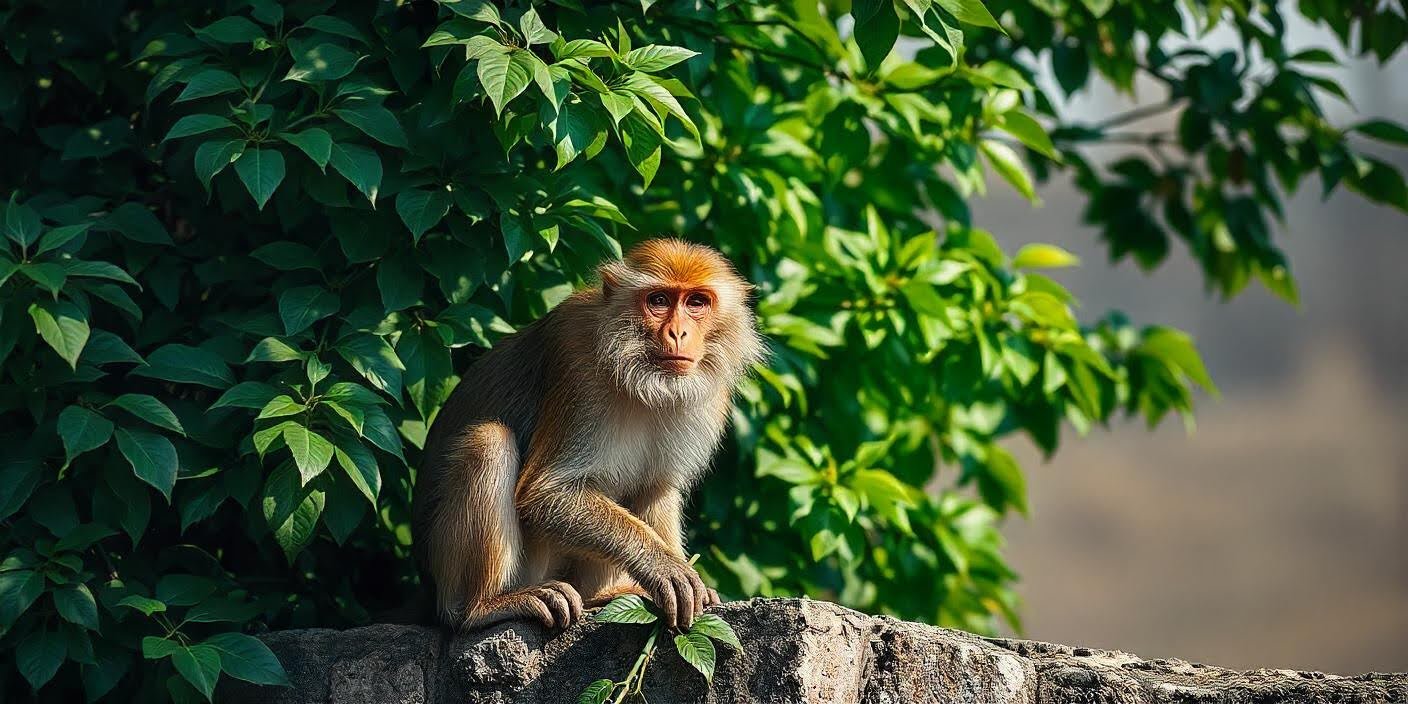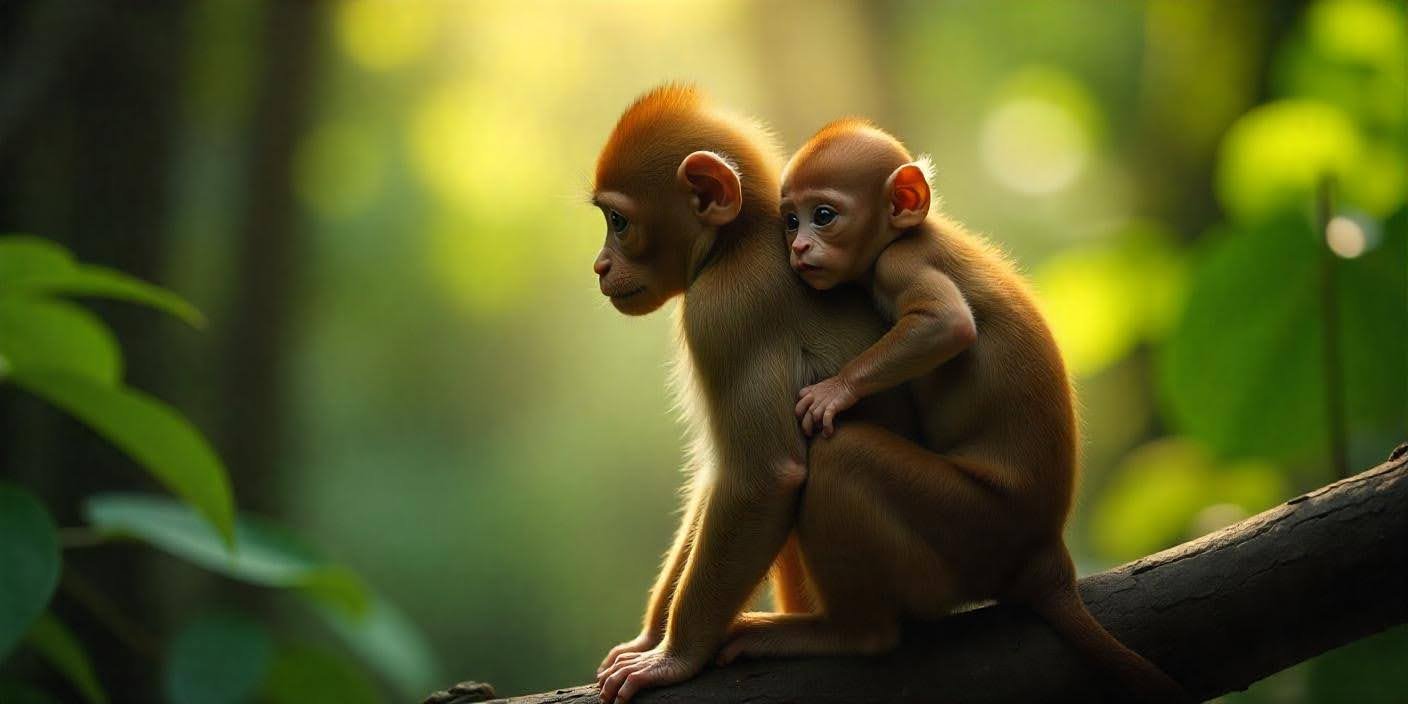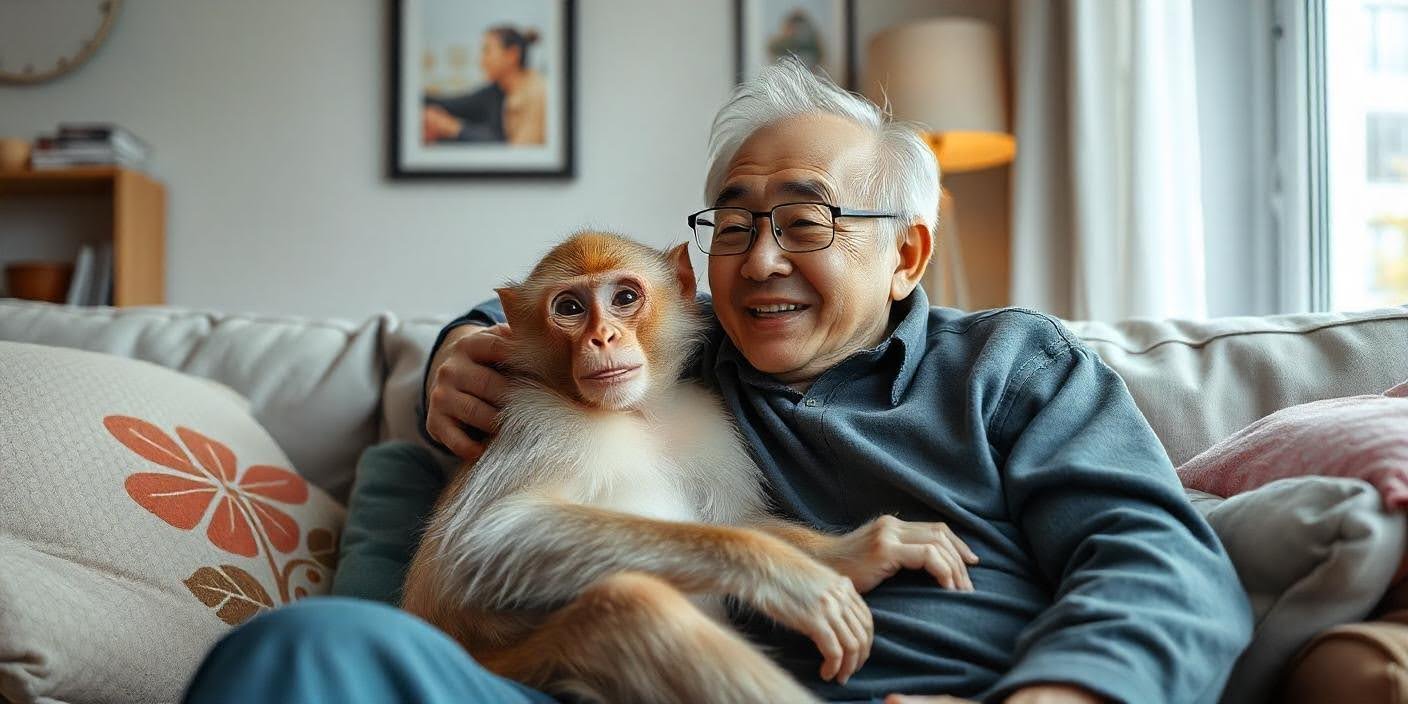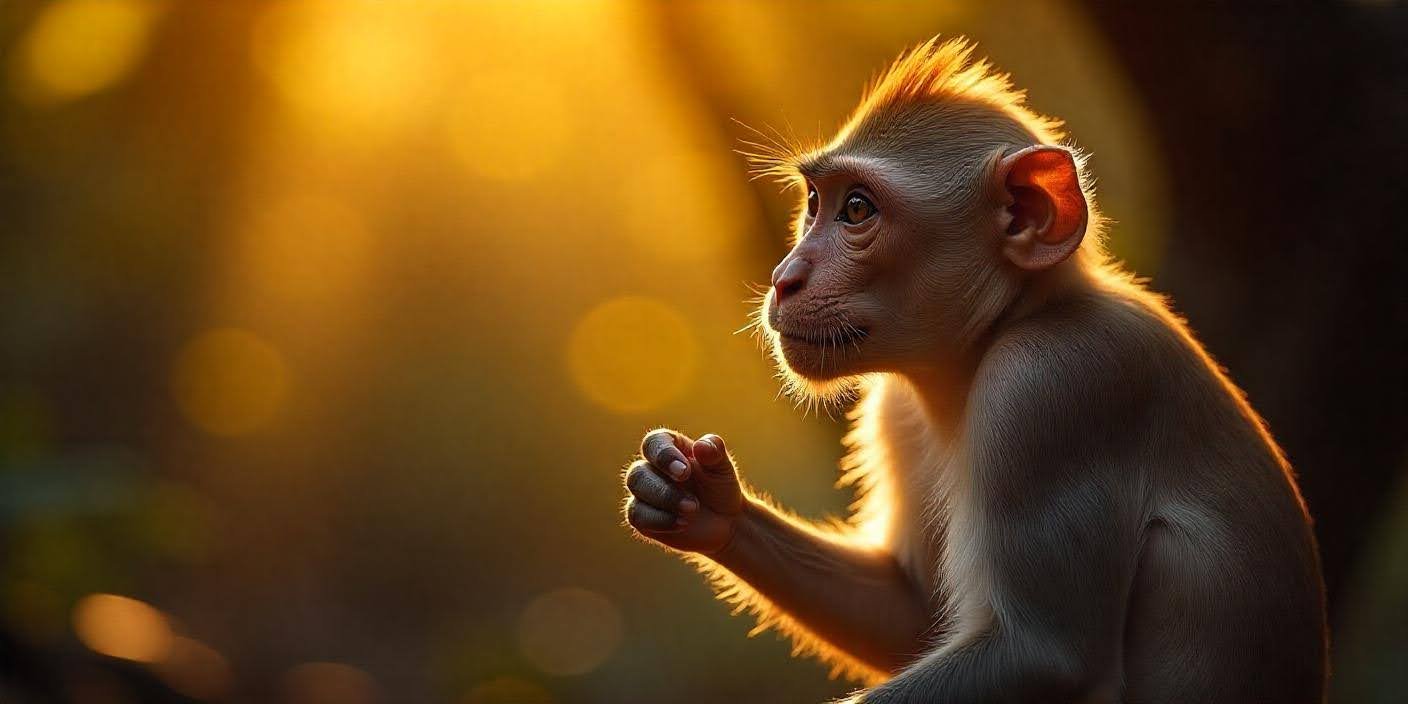Introduction:
Monkeys are exotic pets that come with a hefty price tag. The cost varies depending on the species, ranging from a few thousand to tens of thousands of dollars. It’s important to consider both the initial cost and ongoing expenses.
Owning a monkey is not just about buying it; it’s about taking on a long-term financial responsibility. Aside from the purchase price, you’ll need to account for maintenance, care, and medical expenses over the years.
Initial Purchase Price of a Monkey

Buying a monkey is far more expensive than traditional pets. The price varies depending on the species, age, and breeder reputation. Expect to pay between $1,500 for smaller monkeys and upwards of $60,000 for larger primates.
Other costs include transportation and initial setup for the monkey’s habitat. These expenses should be considered alongside the purchase price to avoid financial surprises.
Factors That Affect the Cost of a Monkey
The price of a monkey is influenced by several factors. Rare species often come with higher price tags due to limited availability and higher care needs. Location also plays a role, as import regulations may increase costs.
The breeder’s reputation is another significant factor. Reputable breeders charge more but ensure healthier and well-socialized animals, which is critical for exotic pets.
Different Types of Monkeys and Their Price Ranges
Marmoset Monkeys – Small, Affordable Pets
Marmosets are among the more affordable options, costing between $1,500 and $3,000. They’re small, active, and relatively easy to care for, making them appealing for first-time monkey owners.
However, their affordability doesn’t mean lower ongoing costs. Marmosets still require specialized diets and enclosures to thrive.
Capuchin Monkeys – Popular but Pricey
Capuchins, known for their intelligence, typically cost $5,000 to $10,000. Their playful nature and ability to form strong bonds with humans make them a popular choice.
But this popularity comes with added expenses. Capuchins need spacious enclosures, daily enrichment, and significant social interaction.
Chimpanzees – The Costliest Choice for Pet Owners
Chimpanzees are incredibly intelligent but also very expensive, costing $10,000 to $60,000. Their care requirements include large enclosures and specialized diets, making them challenging to keep.
Additionally, their strength and complex needs make them unsuitable for most private owners. Owning a chimpanzee is a long-term financial and logistical commitment.
Additional Costs Beyond the Monkey Purchase Price
The True Cost of Feeding a Monkey
Monkeys have specific dietary needs that include fruits, vegetables, and occasional proteins. Monthly food expenses range from $100 to $200, depending on the species.
Proper nutrition is vital for a monkey’s health, so cutting corners on diet is not an option. Specialized food items may further increase costs.
Veterinary Care and Medical Costs for Monkeys
Finding a vet experienced with exotic animals can be challenging and expensive. Regular checkups cost $50 to $150, with emergency care significantly higher.
Vaccinations, parasite control, and potential health issues are additional expenses. Budgeting for veterinary care is crucial to avoid unexpected financial strain.
Housing Costs – Setting Up a Proper Monkey Habitat
Monkeys need secure, spacious habitats. Setting up a cage or enclosure costs between $1,000 and $5,000, depending on the size and materials used.
Enrichment items like climbing structures, toys, and swings add to the expense. A well-equipped habitat ensures your monkey stays mentally and physically active.
Long-Term Expenses of Owning a Monkey
Monkey Maintenance and Daily Care Expenses
Daily care involves cleaning the enclosure, providing enrichment, and ensuring proper hygiene. These tasks require time and resources, costing hundreds annually.
Neglecting maintenance can lead to behavioral issues or health problems, increasing long-term expenses. Consistent care is non-negotiable for a healthy pet.
Monkey Grooming and Personal Care Costs
Some monkey species need regular grooming to maintain their health and appearance. Professional grooming services can cost $50 to $100 per session.
DIY grooming may save money but requires knowledge and patience. Either way, grooming adds to the overall cost of ownership.
Training and Socialization Costs for Monkeys
Monkeys need training to adapt to household routines. Professional training sessions can cost $50 to $200 each, depending on the trainer’s expertise.
Socialization is equally important to prevent aggression and ensure the monkey integrates well. This may require additional time or professional help.
The Legal Aspects of Owning a Monkey
Legal Requirements and Permits for Monkey Ownership
Many regions require permits or licenses to own a monkey. These legal documents can cost several hundred to thousands of dollars, depending on your location.
Ignoring legal requirements can lead to fines or confiscation of the animal. Always check local laws before committing to ownership.
Legal Fees and Other Costs for Monkey Owners
Compliance with exotic pet regulations may involve home inspections and certifications. These processes can add to the legal costs of owning a monkey.
Some areas also require liability insurance for exotic pets, which is an additional expense. Staying compliant is essential for both you and your pet’s safety.
Monkey Breeders and Adoption: The Cost Comparison

Buying from a Breeder – What to Expect
Reputable breeders provide health guarantees and documentation, but their monkeys are expensive. Prices vary based on species, ranging from $1,500 to $60,000.
While costly, buying from a breeder ensures a healthier pet, reducing future medical expenses. It’s an investment in the animal’s well-being.
Adopting a Monkey – Is it Cheaper?
Adoption fees range from $100 to $1,000, depending on the rescue facility and monkey’s age. Adoption is often less expensive but may involve stricter screening processes.
Adopted monkeys may have unknown health histories, potentially leading to higher veterinary costs. Carefully evaluate this option before proceeding.
Hidden Costs of Owning a Monkey
Unexpected Veterinary Emergencies
Emergency care for monkeys can cost thousands of dollars. Accidents or sudden illnesses are unpredictable but often unavoidable expenses.
Having a financial cushion for emergencies is essential. This ensures your monkey gets the care it needs without delay.
Travel Costs for Monkeys
Traveling with a monkey requires special carriers, permits, and transportation costs. This can add hundreds of dollars to your travel budget.
If you can’t take your monkey with you, professional pet-sitting services are another expense. These hidden costs should not be overlooked.
Is Owning a Monkey Worth the Cost?
Weighing the Emotional and Financial Investment
Owning a monkey is both a financial and emotional commitment. While they can be loving companions, the expenses are significant and ongoing.
Think carefully about whether you can meet their needs. Monkeys thrive only when their physical and emotional requirements are fulfilled.
Is Owning a Monkey the Right Choice for You?
Before deciding, assess your ability to handle the financial, legal, and emotional responsibilities. Monkeys are high-maintenance pets that require constant attention.
If you’re unsure, consider volunteering at a rescue center first. This can provide insight into the realities of monkey ownership.
Final Thoughts on the Cost of Owning a Monkey
How to Budget for Monkey Ownership
Budgeting for the initial and ongoing costs of owning a monkey is critical. Create a financial plan that includes unexpected expenses to avoid financial stress.
A well-planned budget ensures your monkey gets the care it deserves. This is key to a successful and fulfilling ownership experience.
Preparing for Long-Term Financial Responsibility
Monkeys are a long-term commitment, often living 20 years or more. Prepare for the financial responsibility of caring for them throughout their lifetime.
Ensure you’re financially stable before bringing a monkey into your home. This guarantees a happy and healthy life for your exotic companion.
Understanding the Behavioral Needs of Monkeys
Monkeys are social animals with complex behavioral needs. Ignoring these requirements can lead to stress, aggression, and other behavioral problems.
The Importance of Social Interaction for Monkeys
Monkeys naturally live in groups and rely heavily on social structures. If kept alone, they can experience loneliness and depression. Owners must dedicate several hours daily to interaction or consider pairing the monkey with another to meet its social needs.
However, having multiple monkeys increases costs, including food, veterinary care, and habitat expansion.
Enrichment and Mental Stimulation
Mental stimulation is vital for a monkey’s well-being. This includes puzzles, foraging activities, and rotating toys to keep them engaged. Investing in high-quality enrichment tools can cost $50 to $200 per month.
Without adequate stimulation, monkeys may develop destructive behaviors such as self-mutilation, excessive vocalization, or aggression toward their owner.
The Ethical Implications of Owning a Monkey
Keeping a monkey as a pet raises ethical questions. These animals are highly intelligent and have complex emotional and social needs that are difficult to replicate in a domestic setting.
The Impact on the Monkey’s Well-Being
Captivity can significantly affect a monkey’s mental health. Even with the best care, the lack of natural freedom and interaction with their own kind may result in behavioral and psychological issues.
Conservation and Wildlife Concerns
Many monkey species face habitat loss and declining populations in the wild. The exotic pet trade can exacerbate these issues if not regulated properly. Supporting ethical breeders and avoiding illegal trading is crucial for conservation efforts.
Alternatives to Owning a Monkey
If you’re unsure about the long-term commitment of owning a monkey, consider alternatives that allow you to enjoy these fascinating animals without full ownership.
Volunteering at Wildlife Sanctuaries
Many wildlife sanctuaries offer volunteer programs where you can work with monkeys and learn about their care. This hands-on experience can be both fulfilling and educational, giving you insight into the responsibilities of ownership.
Sponsoring a Monkey
Some organizations allow you to sponsor a monkey in a sanctuary. Your financial contribution supports the animal’s care, and you receive updates about its well-being. This option lets you contribute to their welfare without taking on the challenges of ownership.
Planning for the Unexpected
Monkeys are unpredictable creatures, and owners must be prepared for emergencies that extend beyond medical issues.
Damage to Property
Monkeys are curious and energetic, which often leads to unintentional property damage. Repairing scratched furniture, broken electronics, or torn fabrics can add unexpected costs.
Behavioral Changes Over Time
As monkeys age, their behavior may change. Young monkeys are playful and relatively easy to manage, but adults can become more territorial or aggressive, especially during mating seasons. Addressing these behavioral shifts may require additional training or habitat modifications.
The Emotional Bond Between Monkeys and Owners

One of the most rewarding aspects of owning a monkey is the deep emotional bond that can develop. Monkeys are highly expressive and can form strong attachments to their caregivers.
Challenges of Separation Anxiety
This strong bond can lead to separation anxiety if the monkey is left alone for extended periods. Owners must plan vacations and work schedules around their pet’s needs or arrange for specialized care, which can be costly and logistically challenging.
Is It Worth It? A Personal Decision
Ultimately, deciding whether to own a monkey depends on your ability to meet their complex needs, both financial and emotional. While monkeys can be incredible companions, they are not suited for every household.
Reflecting on Your Lifestyle
- Do you have the time to dedicate several hours a day to care and interaction?
- Are you financially prepared for the significant upfront and ongoing costs?
- Can you provide a secure and enriching environment that mimics their natural habitat?
You can also read about
Monkeys as Pets : Understanding the Full Cost and Price Factors
Answering these questions honestly will help you determine if owning a monkey aligns with your lifestyle and values.
Conclusion: Should You Get a Monkey as a Pet?
Owning a monkey is a unique and exciting experience, but it comes with significant challenges and responsibilities. The financial burden extends beyond the initial purchase price to include long-term costs like food, veterinary care, and habitat maintenance. Monkeys require constant attention, social interaction, and mental stimulation to thrive. Without these, they can develop behavioral issues, making them challenging to manage as pets.
Ethically, keeping such intelligent and social animals in captivity raises important concerns. Their complex needs and long lifespan make them a lifelong commitment, not a casual choice. For those unsure about their readiness, alternatives like sponsoring a monkey or volunteering at sanctuaries can be fulfilling options. Owning a monkey is not just about having a pet—it’s a profound responsibility requiring thoughtful consideration and preparation.
FAQs
- How much does it cost to own a monkey annually?
Annual costs can range from $3,000 to $10,000, depending on the species and care needs. - Are monkeys good pets for families?
Monkeys require specialized care and may not be suitable for families with young children. - Do I need a license to own a monkey?
Yes, most regions require permits or licenses for monkey ownership. Check your local laws. - What is the cheapest monkey to own?
Marmosets are among the most affordable, costing $1,500 to $3,000 initially. - How long do monkeys live as pets?
Monkeys can live 15 to 40 years, depending on the species, making them a long-term commitment. - What type of housing do monkeys require?
Monkeys need spacious and secure enclosures with climbing structures and enrichment items to mimic their natural habitat. The cost for setting up proper housing can range from $1,000 to $5,000. - Can monkeys be left alone during the day?
No, monkeys are social animals that require regular interaction and mental stimulation. Leaving them alone for extended periods can lead to stress and behavioral problems. - Do monkeys need regular grooming?
Some species may require grooming, especially those with longer fur. Regular grooming ensures cleanliness and helps monitor their health, though grooming costs can vary. - Are monkeys prone to health problems?
Yes, monkeys can develop various health issues, including dental problems and nutritional deficiencies. Regular veterinary care and a proper diet are essential to prevent these issues. - Is it legal to own a monkey everywhere?
No, monkey ownership is heavily regulated and even prohibited in some areas. Always research and comply with your local laws before considering a monkey as a pet.




